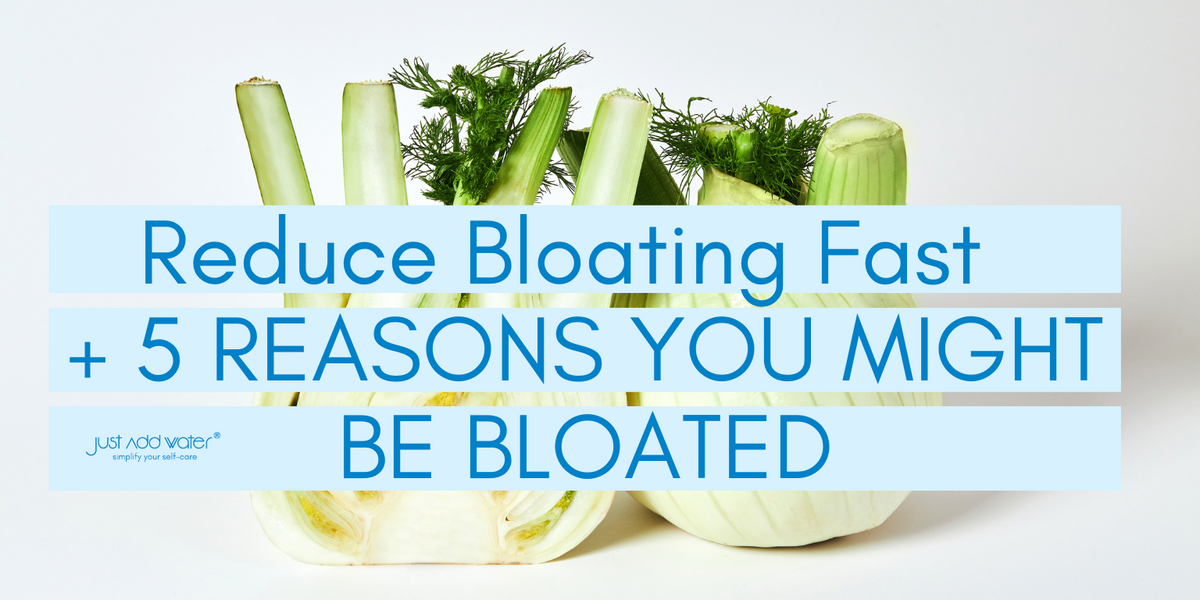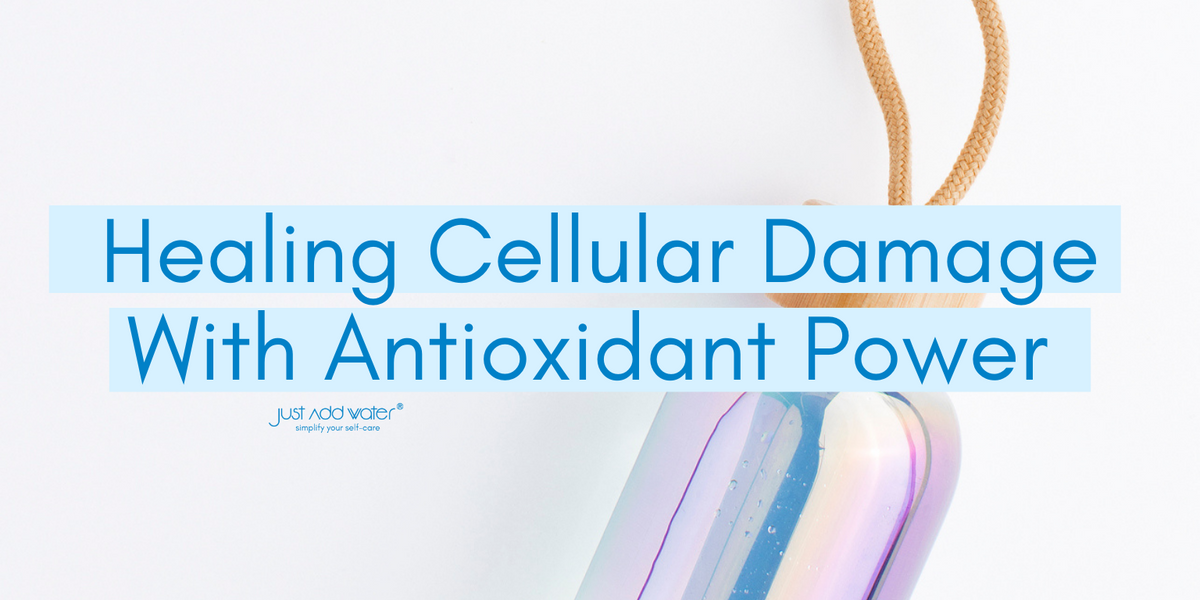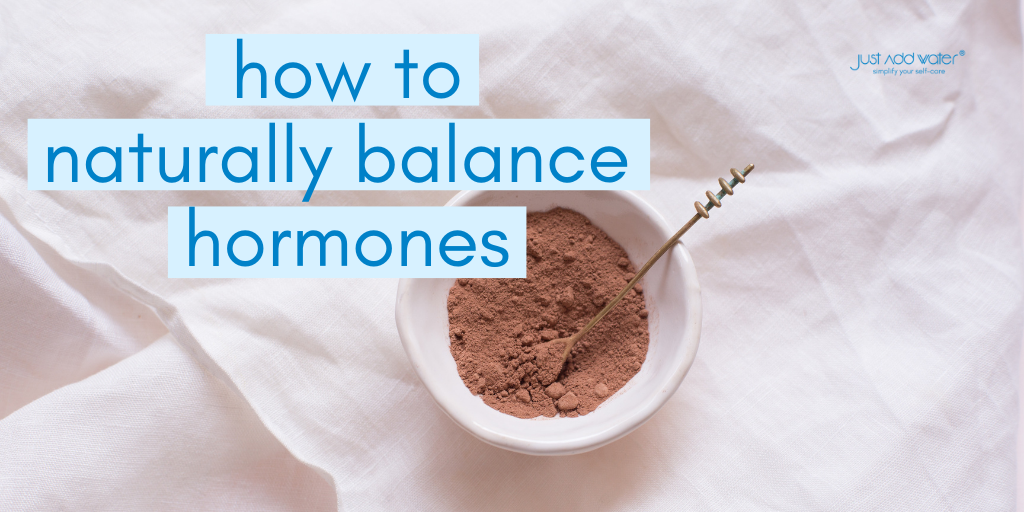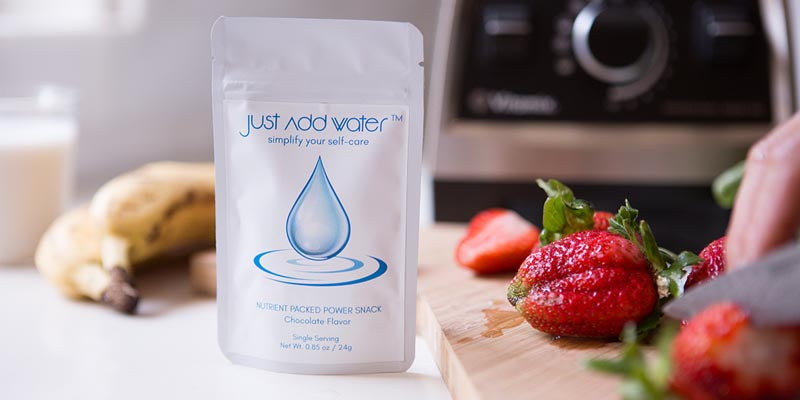How Nutrition Can Help In Reducing Anxiety
It can be difficult to explain what anxiety feels like, or even know if you’re truly experiencing it. Stress, fear, and depression can be mistaken for anxiety. Anxiety is not an emotion, it is a mental state that manifests physically as increased breathing rate and heart rate, difficulty sleeping, and recurring negative thoughts.
The best way to deal with anxiety is to get into a parasympathetic state, limit caffeine, address your diet, and speak with a therapist. More and more, people are interested in learning how the nutrients we are getting affect our mental health. We’re learning so much about how the brain works these days, and one thing to note is how connected it is to our gut health.
According to the National Institute Of Mental Health, anxiety disorders are the most common mental illness in the United States. Anxiety and depression go hand in hand, with about half of those with depression also experiencing anxiety. Here, we discuss the important role of a healthy diet when managing anxiety. In addition to eating a diet that is well-balanced and focused on whole foods, staying hydrated, and limiting alcohol, there are many other dietary considerations that can help relieve anxiety. For example, whole grains, fruit, and vegetables are higher in complex carbs and fiber which help slow down digestion. This helps avoid significant shifts in your blood sugar levels, creating a calmer feeling.
While nutritional psychiatry is not a substitute for other treatments, the relationship between food, mood, and anxiety is gaining more attention.
Mindful Eating
One of the first steps in finding a diet that improves your mental health, is making sure you're getting well-balanced meals. It’s time to start paying attention to what you eat and how you feel when you eat it. Since most of us don’t pay close attention to our eating habits, our CEO and Founder, Serena Poon, recommends keeping a food journal. Documenting what, where, and when you eat is a great way to gain insight into your patterns. For example, if you find you’re overeating when stressed, it may be helpful to stop what you're doing when the urge arises, and to write down your feelings. By doing this, you may discover what's really bothering you.
A Healthy Gut
According to the American Psychological Association, gut bacteria produces neurochemicals that the brain uses for regulation of mental processes, including your mood. The gut-brain axis also plays a major role, since about 95% of serotonin raptors are found in the lining of your gut. Research is examining probiotics for treating both depression and anxiety. Stress is also thought to suppress beneficial gut bacteria.
Brain Food
Your brain and nervous system depend on specific nutrition to build new proteins, tissue, and cells. In order to function properly, your body needs a variety of carbohydrates, protein, and minerals. To get all the nutrients that improve mental functioning, aim to eat meals and snacks that have a variety of whole foods, instead of eating the same meals each day. Learn more about eating for your brain health, here.
Foods That Help Reduce Anxiety
Anxiety is thought to correlate with lower total antioxidant states in your body. Therefore, enhancing your diet with foods rich in antioxidants may help ease symptoms of anxiety disorders. Foods designated as high in antioxidants by the USDA include:
- Foods rich in magnesium such as leafy greens, legumes, nuts, seeds, and whole grains.
- Dietary zinc found in cashews, beef, and egg yolk may be linked to lowering anxiety.
- Spices such as turmeric and ginger may help a person feel calmer.
- Some foods high in antioxidants includes dried beans such as pinto, black and red kidney beans, fruits such as cherries, apples, and plums, nuts such as walnuts and pecans, and vegetables such as artichokes, kale, spinach, beets, and broccoli.
- B vitamins found in avocado, almonds, and wholegrains are thought to help the release of serotonin.
- Adaptogens in Just Add Water®.


Healthy Eating Tips
- Stay away from processed foods, which can impair your ability to concentrate. Pass on sugar filled snacks, which leads to ups and down in energy levels.
- Consume healthy fats, such as olive oil, coconut oil, and avocado oil. This will help support your brain function.
- Have a healthy snack when hunger strikes, such as fruits, nuts, baked sweet potatoes, and hard boiled eggs. This will give you more energy than packaged products
- Make a healthy shopping list and stick to it!
- NEVER shop while hungry, since you will be more tempted to make an unhealthy impulse purchase.
- Think about where and when you eat. Chew slowly. Savor the taste.
Science-Supported Tactics
Balance sleep, stress levels, exercise, nutrition, and gut-health along with these science-supported quick restoring calm tactics.
- Meditation - practice 10 minutes of meditation every morning. Meditation helps set the tone for the day.
- Deep breathing - by breathing deeply and slowly, you signal your nervous system to calm down.
- Eight hours of quality sleep - sleeping less than the recommended 8 hours is associated with intrusive, repetitive thoughts.
- Yoga - yoga means “union”, when you do yoga you connect with your body and ground your nervous system.
- High-intensity training - HIIT workouts can reduce stress, anxiety, and compulsive disorders.
Final Thoughts
Hopefully these lifestyle and dietary tips help to improve your mental health. Adding these protocols will definitely improve your overall health as our bodies' systems are so interconnected. Remember, you can simplify your efforts to get optimal nutrition by adding in a pack of Just Add Water® to your daily meal plan.
Leave a comment
Comments will be approved before showing up.
Also in Wellness & Nutrition

Reduce Bloating Fast + 5 REASONS YOU MIGHT BE BLOATED

Healing Cellular Damage With Antioxidant Power

HOW TO NATURALLY BALANCE YOUR HORMONES
In this blog, we’re going to define hormonal imbalance, identify the symptoms, and discover the natural options to bring your body back into flow! A nutritious diet and other healthy lifestyle habits may help improve your hormonal health and allow you to feel and perform at your best.


